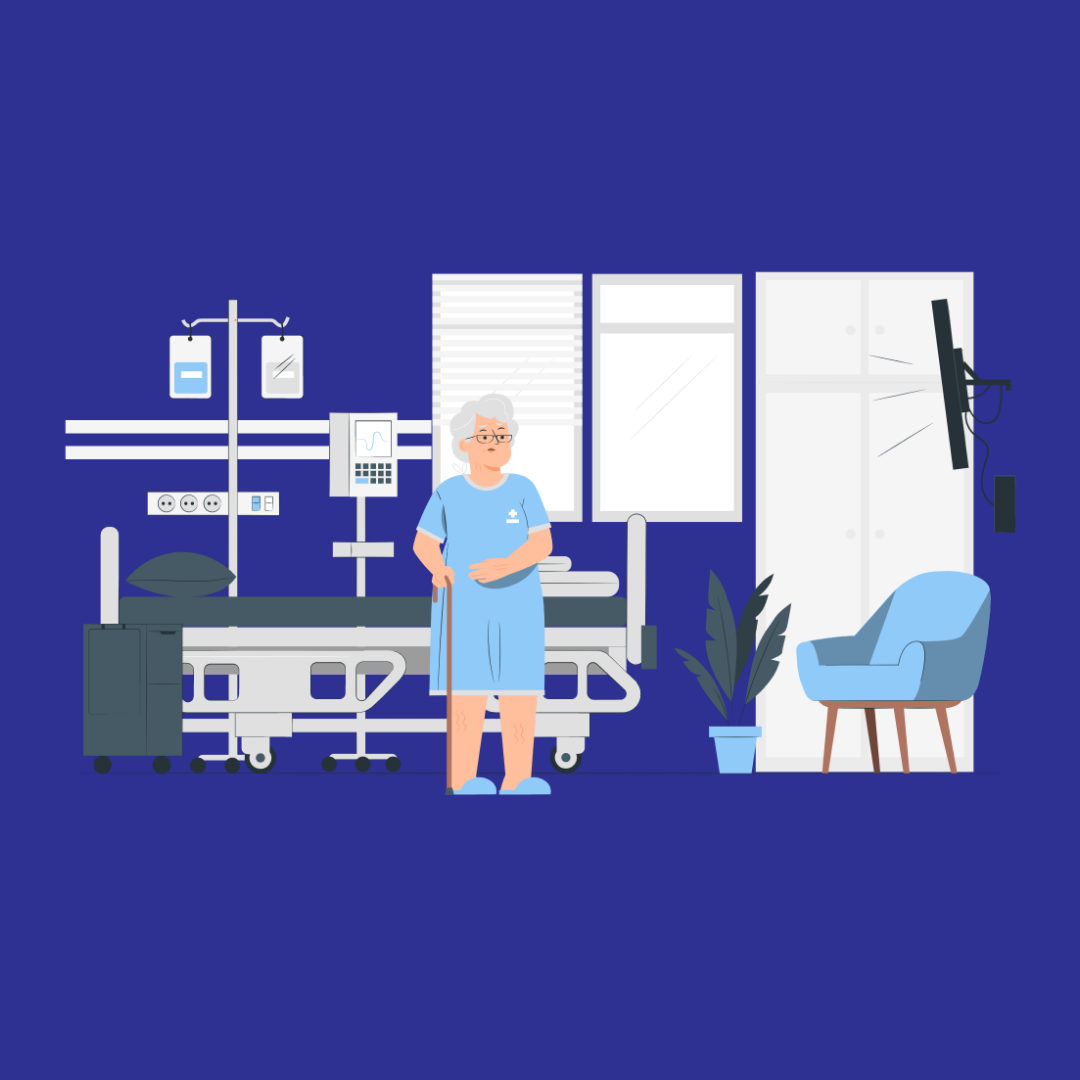
In the healthcare sector, automation has become a crucial instrument. Healthcare workers are coming up with creative and novel ways to automate their workflows, enhance patient care, and operate more efficiently as technology develops. Healthcare practitioners may speed up procedures, spend less time on administrative work, and give patients with higher-quality care with the help of healthcare workflow automation.
Healthcare Workflow Automation
Automation of the healthcare workflow involves the use of technology to improve patient outcomes and efficiency by streamlining and optimizing healthcare procedures. Automation is increasingly being incorporated into healthcare operations as it helps to save costs, boost productivity, and improve the standard of care given to patients.
One of the main advantages of healthcare workflow automation is that it may do away with a lot of the labor-intensive, manual operations that healthcare workers must perform. This covers activities like entering patient data, making appointments, and managing medications. Healthcare professionals can devote more time to patient care and other important responsibilities by automating these activities.
The ability to enhance communication between various departments and healthcare experts is another benefit of workflow automation in the healthcare industry. Automatic systems can send out messages and changes in real-time to keep everyone informed, facilitating more effective teamwork and quicker decision-making. This is crucial in urgent situations where immediate action is required.
Additionally, healthcare workflow automation can help to reduce errors and improve the accuracy of healthcare processes. Automated systems can help to ensure that patients receive the correct medications, treatments, and dosages, while also reducing the risk of data entry errors or other mistakes.
Ultimately, healthcare workflow automation has several advantages for both patients and healthcare practitioners. Healthcare automation is positioned to play an increasingly significant role in the future of healthcare by streamlining operations, cutting costs, and raising the quality of treatment provided.
Here are six healthcare workflow automation solutions that can help improve patient care:
Electronic Health Records (EHR)
A patient's paper medical chart is digitally represented by an electronic health record (EHR). These include details on the patient, including medical history, diagnosis, prescriptions, allergies, and lab and imaging results. Authorized healthcare professionals have access to and can update EHRs in real-time from various places. EHRs contribute to better patient care by decreasing mistakes brought on by illegible handwriting and by giving clinicians rapid access to patients' medical records. They also make the check-in procedure for patients more efficient, benefiting both patients and employees.
Appointment Scheduling
An essential component of healthcare workflow automation is appointment scheduling. Patients can arrange appointments online with the help of automated appointment booking software, which streamlines the procedure and eliminates the need for phone calls. Automatic appointment reminders can also aid in lowering no-shows, which can enhance patient satisfaction and result in better patient outcomes. In order to increase patient access and treatment, scheduling systems can also assist physicians to organize their schedules and spend their time more effectively.
Telehealth
Recent years have seen a rise in the use of telehealth, or virtual healthcare, particularly during the COVID-19 pandemic. Healthcare professionals can provide patients with remote care through telehealth, allowing them to receive treatment without having to physically visit a clinic or hospital. By enabling access to care for patients who might find it challenging to get to a medical institution owing to distance, mobility, or other challenges, telehealth can improve patient care. Moreover, telehealth can improve patient happiness, shorten wait times, and provide medical professionals with more flexibility.
Medical Billing and Coding
Medical billing and coding entail converting medical procedures, diagnoses, and treatments into codes for billing and insurance purposes. It is a difficult and time-consuming operation. Automation of the healthcare workflow can facilitate this procedure, enhancing accuracy and minimizing errors. The administrative burden on healthcare practitioners can be lessened by automated billing and coding, allowing them to concentrate more on patient care.
Medication Management
The management of medications is a crucial aspect of patient care. Patients who make medication mistakes may experience catastrophic repercussions, such as hospitalization or even death. By giving doctors immediate access to a patient's medical histories and allergies, healthcare workflow automation can help to decrease medication errors. Automatic medication reminders can assist patients in remembering to take their medications as prescribed, lowering the possibility of forgotten dosages and medication errors.
Patient Discharge
A crucial aspect of health care is patient discharge. Patients' ongoing recovery and well-being depend on their safe and effective discharge. Automation of the healthcare workflow can shorten the time patients need to stay in the hospital after being discharged, increasing their experience overall. Automated discharge summaries can also assist in making sure that patients get the proper follow-up care and that healthcare professionals have access to the data they need to continue providing care.
Automation of the healthcare workflow is therefore a crucial tool for enhancing patient care. Healthcare practitioners can decrease errors, increase efficiency, and concentrate more on patient care by automating administrative activities. A few examples of healthcare workflow automation technologies that can assist healthcare providers in providing improved patient care include electronic health records, appointment scheduling, telemedicine, medical billing and coding, prescription management, and patient discharge. We may anticipate seeing even more cutting-edge healthcare workflow automation solutions as technology progresses, which will further enhance patient care and outcomes.
